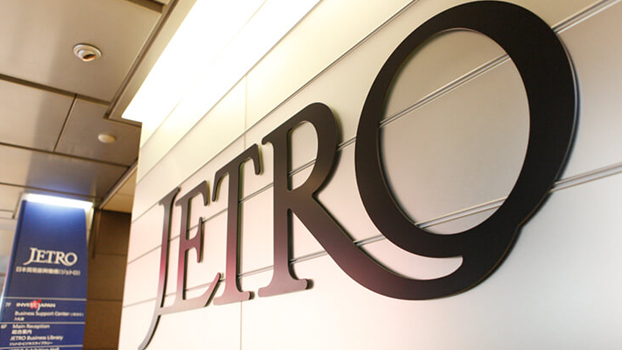JETRO hopes large-scale Japanese investment in Bangladesh

Japan External Trade Organization (JETRO) is optimist of large-scale Japanese investment in Bangladesh in view of the competitive labour price, upward trend of the country’s per-capita income and increasing the domestic demand, BSS reports.
For attracting more Japanese investors, Bangladesh will have to remove the bottlenecks of investment and improve its position in the ease of doing business index, a Japanese trade diplomat opined.
Talking to BSS, JETRO Country Representative Yuji Ando said Bangladesh is one of the major destinations for Japanese entrepreneurs and they are investing in different fields, including ready-made garments (RMG), textile, IT and infrastructure taking the advantage of competitive human resource and huge domestic market.
“The number of Japanese companies operating in Bangladesh has increased around four times in 10 years. A total of 321 Japanese firms are currently running their businesses in the country which was 83 in 2010,” he mentioned.
He informed that many Japanese entrepreneurs are expanding their businesses in different fields, including electric and consumer products, of the country.
He said though the flow of Japanese investment is now slow due to ongoing pandemic, it is hoped that investment will increase in a bigger way as the Bangladesh government is implementing different projects including Japan Economic Zone at Araihazar upazila under Narayanganj district.
He said many Japanese infrastructure development companies are coming to Bangladesh for working at the Japanese Official Development Assistance (ODA) projects, including Matarbari Deep Sea Port.
Japanese entrepreneurs are also showing their keenness to invest in the country’s manufacturing, fast-moving consumer goods (FMCG), infrastructure development and tech and digital based startup companies, he added.
He said Japanese firms are also investing in different projects under the Public Private Partnership (PPP) method.
However, Yuji Ando mentioned that there are many challenges which still exist for Japanese companies and for other foreign companies in Bangladesh, citing examples of infrastructure and taxation.
He urged the authorities concerned to change the foreign exchange regulations for ensuring smooth foreign remittance by branch office and foreign loans for working capital from parent’s company.
He laid emphasis on lifting up of limitation for Royalities or technical assistance remittance and for Telegraphic Transfer (TT) remittance for import trade.
He urged the government to ensure smooth services in tax and VAT systems and easy registration process.
He said Japan has been significantly contributing to Bangladesh’s socio-economic development since its independence with the trading relationship getting stronger and productive day by day.
To attract more Japanese investment, it is crucial that Bangladesh prioritizes issues such as corporate governance and a more investment friendly environment, he opined.
Japan and Bangladesh have maintained friendly relations since February 10th, 1972, through economic and technical cooperation, cultural exchanges and mutual visits. Japan is a major development partner for Bangladesh, extending support to the efforts of Bangladesh for its economic and social development.




